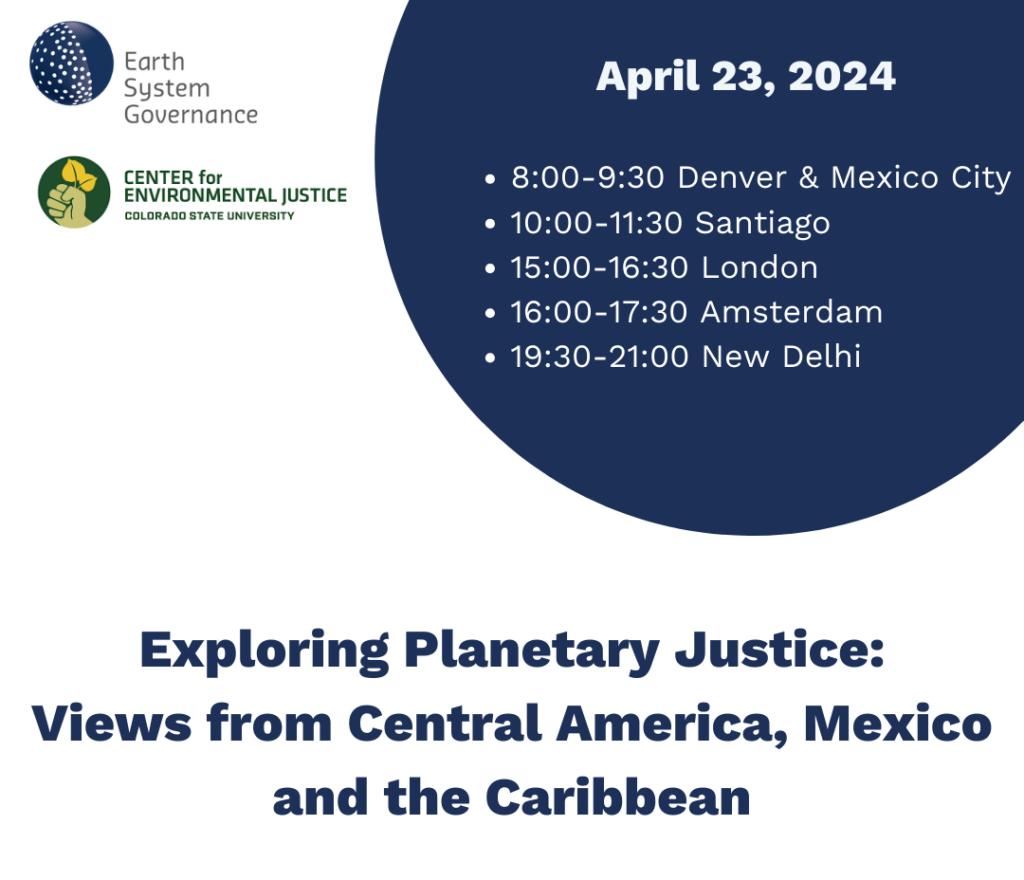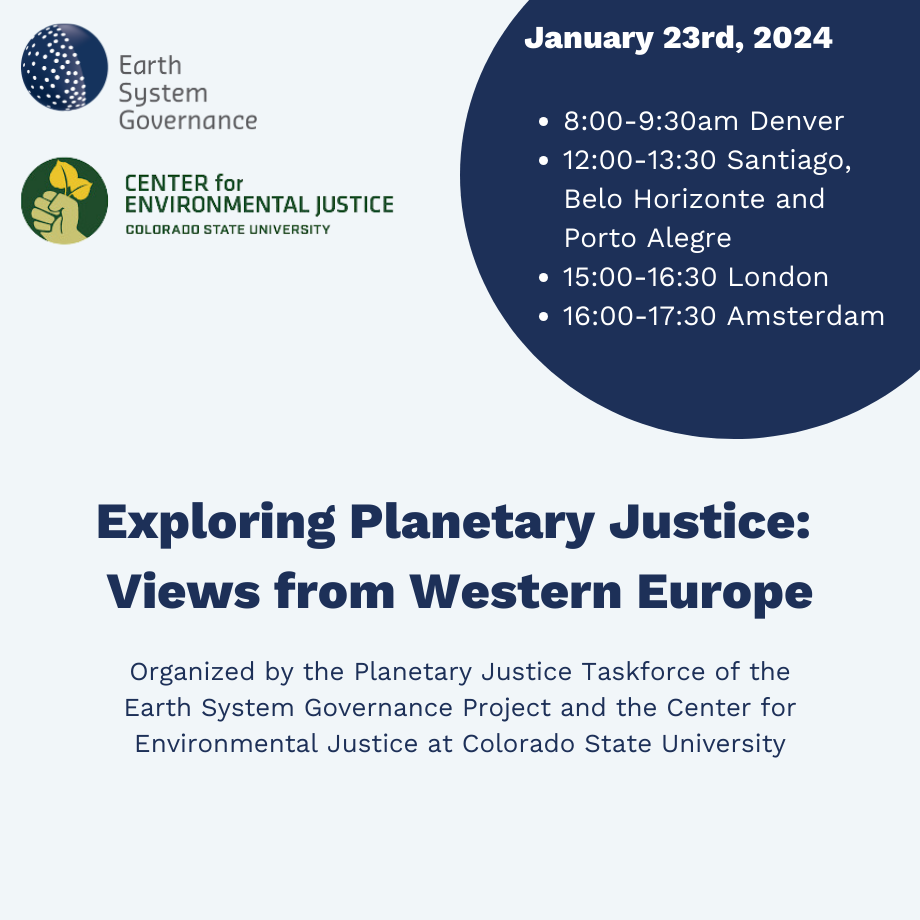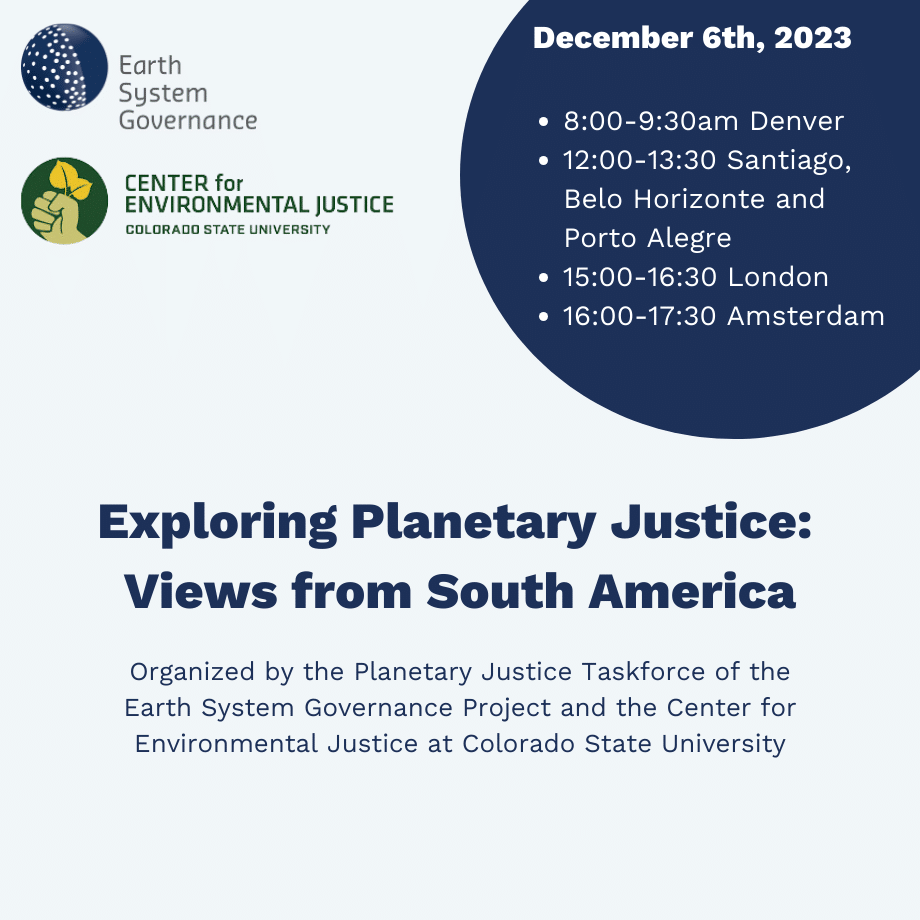Introduction
This fall, the LUCID Research School at Lund University, will organize an interdisciplinary Ph.D. course on water governance. The aim of the course is to take a critical approach to current development discourses – and examine their compatibility with sustainable water governance. The course will explore approaches to water governance under the themes of normative concerns; values; power and inequality; and governance and scale. Topics covered range from rural to urban contexts; local to global water governance; and from water related laws, policies and institutions, to local practices. Case studies of water governance from the developing world will be used in order to grasp context-related factors. The ultimate outcome of the course is to enable participants to develop a well-rounded and critical understanding of what is required to govern water in a sustainable manner. The course will be held over two weeks, 20 – 25 September; and 18 – 23 October 2010.
Lund University Centre of Excellence for the Integration of Social and Natural Dimensions of Sustainability (LUCID) is an Affiliated Project of the Earth System Governance Project.
Teachers
Selected experts in the field of water governance have been invited to teach on the course, including Peter Mollinga (SOAS); Erik Swyngedouw (Manchester University); Lyla Mehta (University of Sussex); and Ashok Swain (Uppsala University).
Themes
Normative concerns:
The concept of sustainability is unavoidably value laden and normative, since it addresses the question of how socio-ecological systems ought to be managed, so that socio-economic development is balanced with ecological conservation. Normative concepts in the context of sustainable water governance include those of justice; democratization and public participation; ecological integrity; and intersectional and intergenerational equity. Nevertheless, sustainability norms are challenged by dominant development discourses, such as “water for growth”, that emphasize neo-liberalization, globalization and growth-led economic development. This theme will critically explore issues around conflicting norms and discourses in the water governance sector.
Values:
Water as a non-substitutable resource is essential for life. What are the values attributed to water? Can water be valued economically? Turning water into a commodity has serious implications on the social and cultural valuation of water. Opponents argue that water should be considered as human right. Does a human rights approach to water imply free access? This theme aims to invoke discussions about different valuations of water by going beyond the public/private debate in the issue of water governance.
Power and inequality:
A critical resource to life and most human activities, freshwater is a highly contested resource. The distribution of water around the planet is unevenly spread and this is further exacerbated by the fact that powerful actors have the ability to capture water for private use. This theme will explore inequality in allocation and access to safe water supplies around the world. The distinction between inequality and inequity will be examined as regards to water access through the case of privatization. There will be an examination of power relations in terms of water governance and the role of different actors in promoting particular vested interests in power struggles over water use, rights and ownership. Examples of water conflicts and justice issues, particularly in developing countries, will be raised.
Governance and scale:
The theme focuses on water governance as the political, economic and social processes and institutions by which governments, civil society, and the private sector make decisions about how to sustainably manage water resources. Having a critical approach on current water governance practices such as integrated water resource management (IWRM), single basin approach, participatory models across developing countries, this course scrutinizes the impact of institutions at different scales in addressing water issues.
Participants and examination
The course comprises two weeks of five full days each in Lund, Sweden (20 – 25 September; and 18 – 23 October, 2010). It is organized by the LUCID Research School at Lund University. The course will be open to postgraduate students, with priority given to Ph.D. candidates, from relevant departments. Students will be required to participate in seminars, as well as to contribute to group papers on appropriate topics of their choice. Students are expected to cover their own travel and accommodation costs.
Deadline for applications: 27 August 2010, 12h00.
Contact details for further information
Melissa Hansen, PhD Candidate, Sociology of Law
LUCID Ph.D. Programme
+ 46 (0) 46-222-3064
melissa.hansen@lucid.lu.se
www.lucid.lu.se



